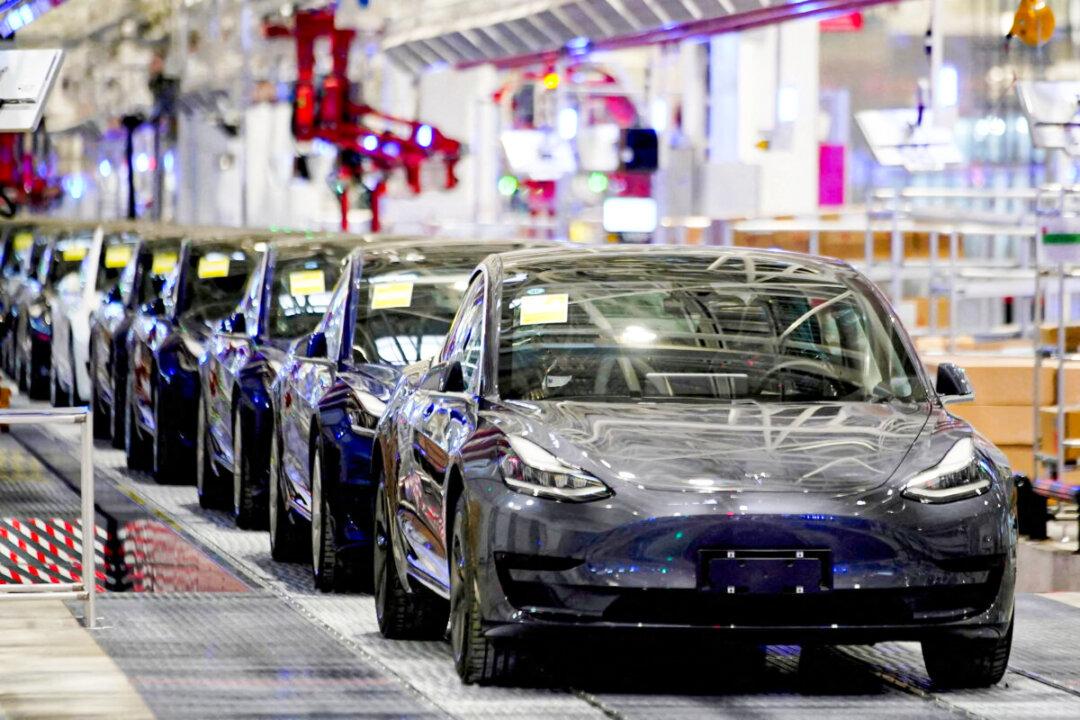Tesla’s first-quarter 2022 profit hit a record high; but on releasing the results, Tesla also said that the COVID-19 pandemic has brought significant pressure on the company’s supply chain and factory operations. At present, only a fraction of its companies in certain regions in China have resumed work. Experts in China’s industrial economy research admit that any place that resumes work on its own will face bottlenecks in the industrial chain.
On April 21, Beijing time, Tesla’s first-quarter financial report showed that its operating profit was $3.6 billion, a year-on-year increase of 507 percent, and earnings per share attributable to ordinary shareholders was $2.86, a 6.3-fold increase year-on-year. Tesla attributed the surge in revenue to higher vehicle deliveries and higher average vehicle sales prices.





